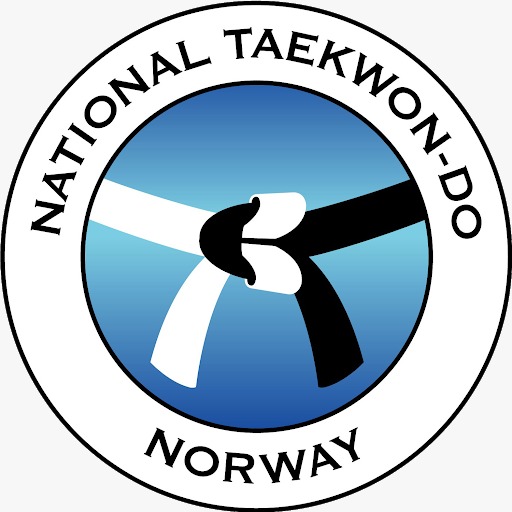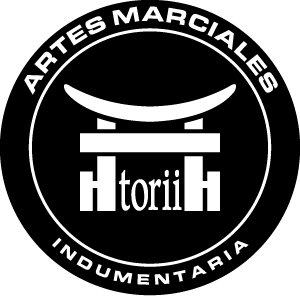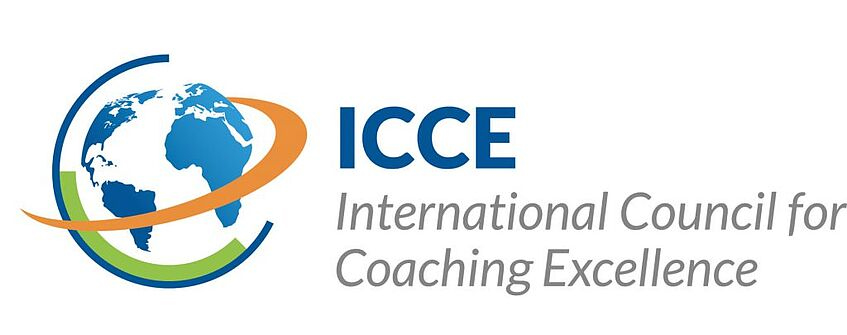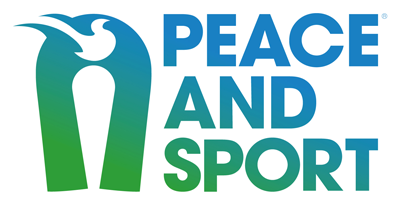Between October 10 and 17, 2023, the first three Triple Courses scheduled for the Argentine Republic took place and coordinated by Master Leonardo Oros Duek, Treasurer of the ITF and chair of the ITF Inclusion Committee.
The first of them took place in the city of Caleta Olivia, in the province of Santa Cruz, Patagonia Argentina, on October 10 and 11.
On October 13 and 14, it was the turn of the province of Buenos Aires and, finally, the event was in the city of Salta, geographically located in the extreme northwest of the country, on the 16th and 17th.
The historical fact was that it was the first time that three official ITF courses were presented at the same event.
Grand Masters, Masters, Instructors and students from different cities and provinces, as well as an instructor from Colombia, were able to participate in the presentations and various activities prepared by the representatives of the committees.
The speakers for the ITF Harmony Course were Sbn Gastón Casero and Sbn Eduardo Quinteros, chair and member of the ITF Harmony Committee, respectively; Sbn Anabel Vicario, member of the ITF Inclusion Committee, for the ITF Adapted Course and finally, for the ITF KIds Course Master Fabián Izquierdo and Sbn Marisol Vicario, member and collaborator of the ITF Children’s Development Committee, respectively.
After the protocol greetings to the speakers, Grand Masters, Masters and to the memory of the Founder of Taekwon-Do, General Choi Hong Hi, all participants maintained a respectful minute of silence and reflection for the victims of the terrorist attacks that occurred against the State of Israel, and to ask for the prompt restoration of peace in the region.
At the Buenos Aires Course, two notable Grand Masters joined the Triple Course: GM Héctor Marano, chair of the ITF Technical and Instruction Committee, and GM Rodolfo Samara.
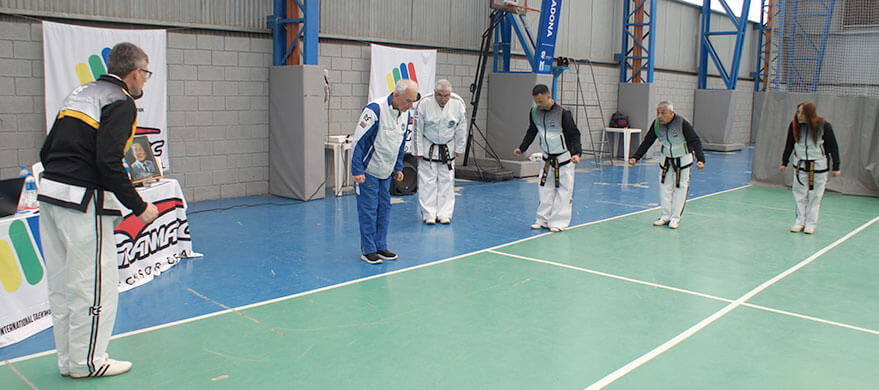
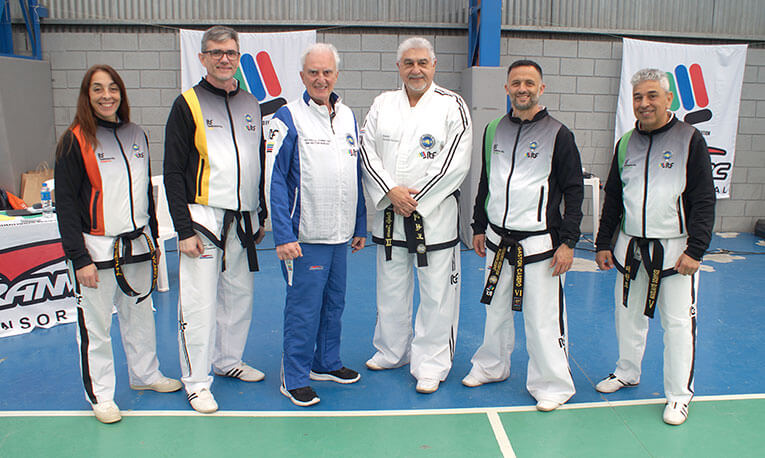
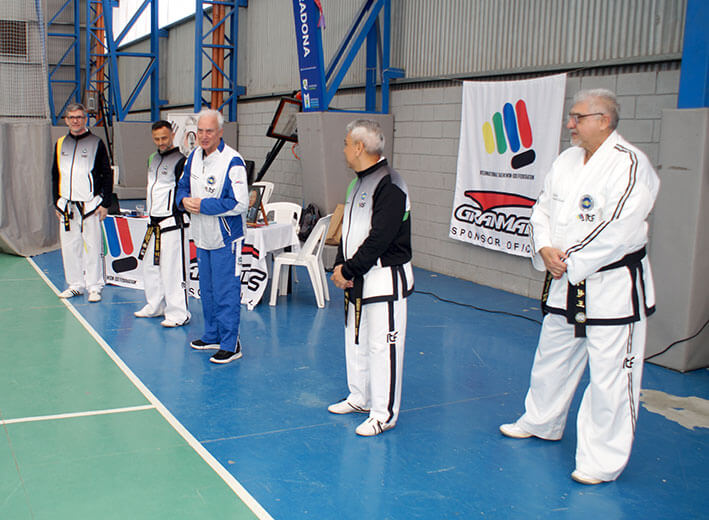
The structure of these Courses was divided into segments, namely:
1st Segment, Harmony Program
During the first hours, the basic characteristics and objectives of the Program and the target audience were presented.
Through the exhibition of images and other content, and participation in different group dynamics such as games, practical work, etc., attendees were able to affirm the knowledge acquired and analyze the reasons for each activity.
Topics such as health care, quality of life, characteristics of older people, memory, attention and some pathologies such as high blood pressure and diabetes, were developed along with statistical and scientific information.
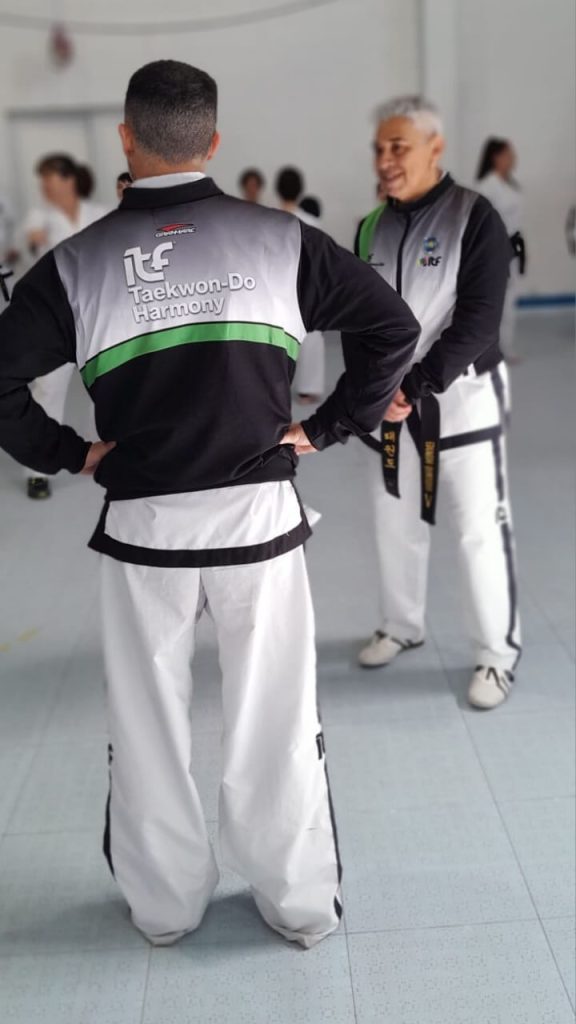
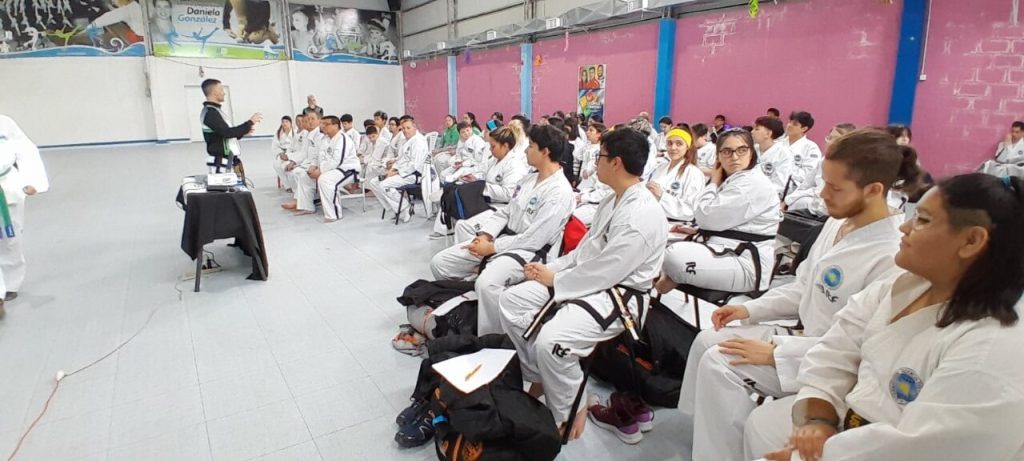
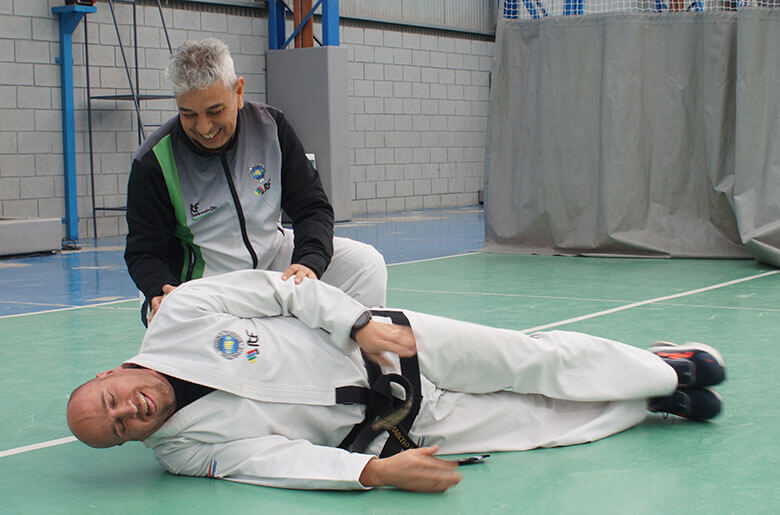
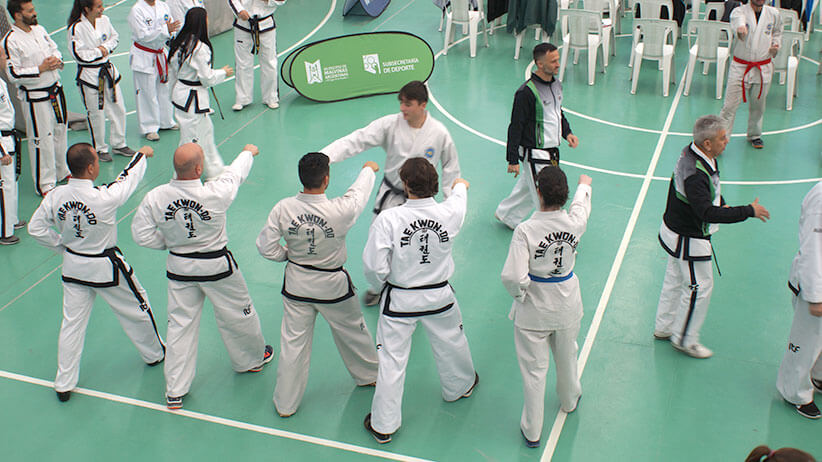
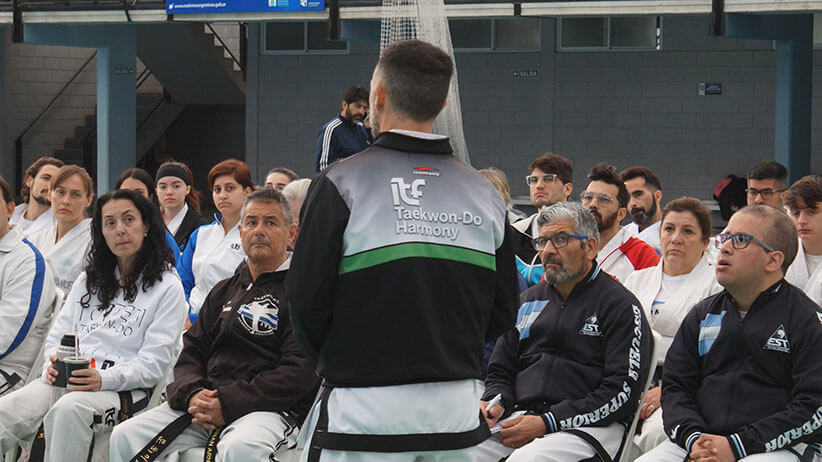
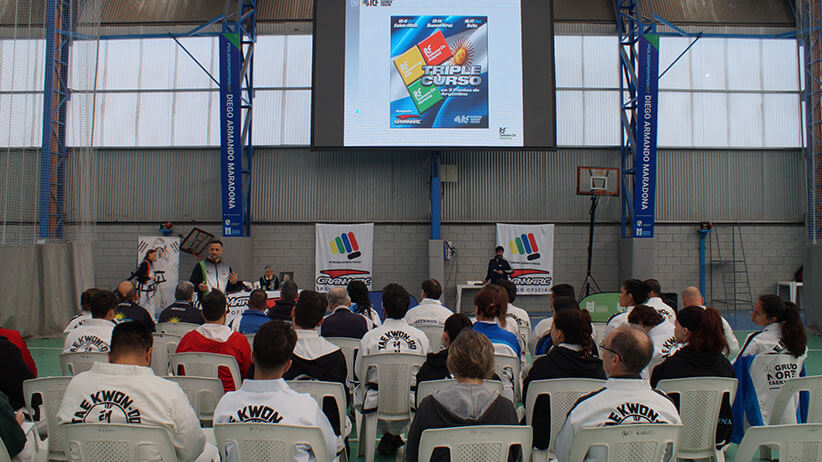
2nd Segment, Adapted Program
After presenting the concept of an Adapted Taekwon-Do class, the differences between it and a conventional class with the presence of people with special needs were explained.
For this segment, in Caleta Olivia, students with different pathologies and challenges or conditions were invited, who received a private class among the attendees. It should be noted that this required the preparation of the students during the weeks prior to the course, for which the help and collaboration of parents and therapeutic companions was essential.
During each class, various activities were presented for each person specifically, addressing each individual challenge and the need for planning and work was explained in accordance with that carried out by the therapeutic companions and other health professionals involved.
It was also possible to see how the different teaching materials are used, as well as their characteristics.
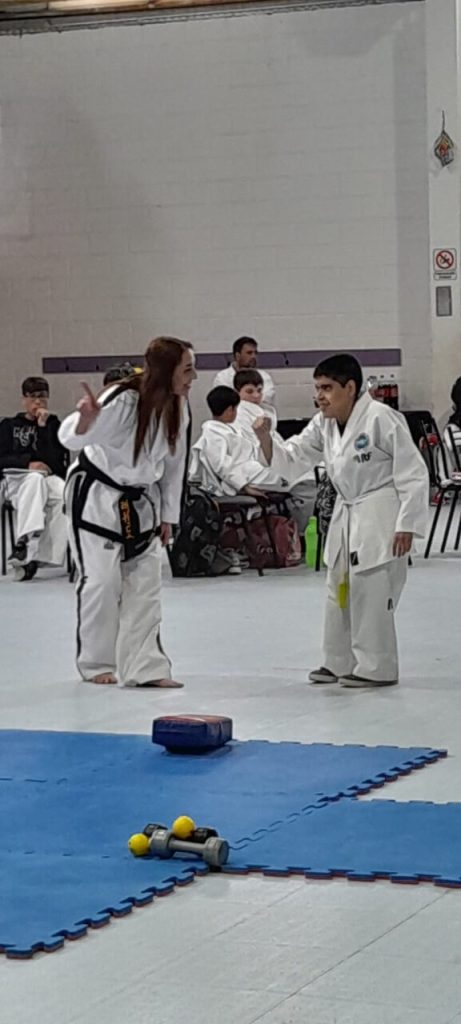
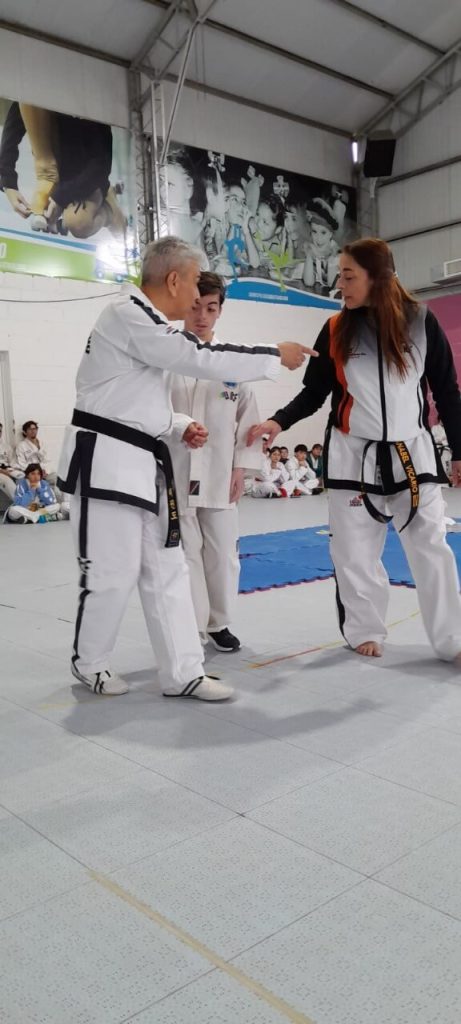
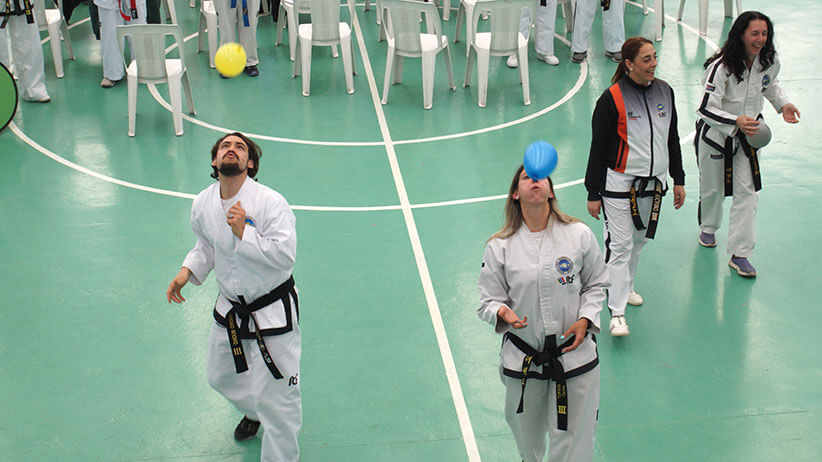
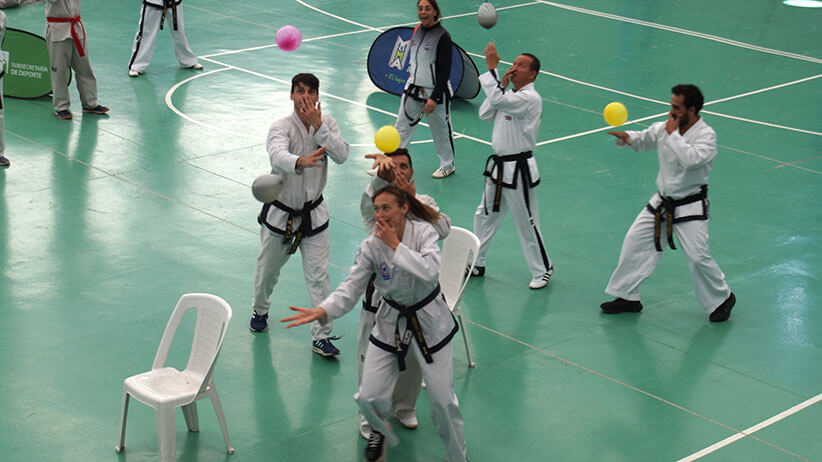
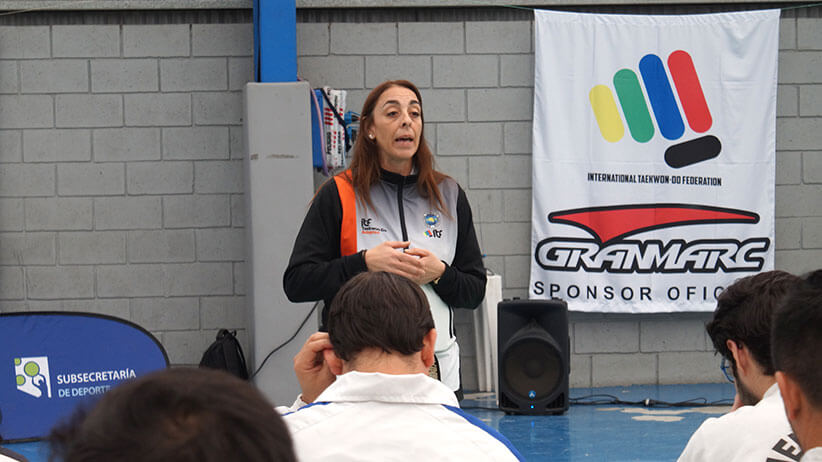
3rd Segment – Child Development Program
The beginning of this segment was dedicated to sharing part of the history related to the development of Taekwon-Do and the gradual increase in the number of young children in the Do Jangs until today.
Then the ITF Child Education Policy, its purpose and the sources that support its content were explained.
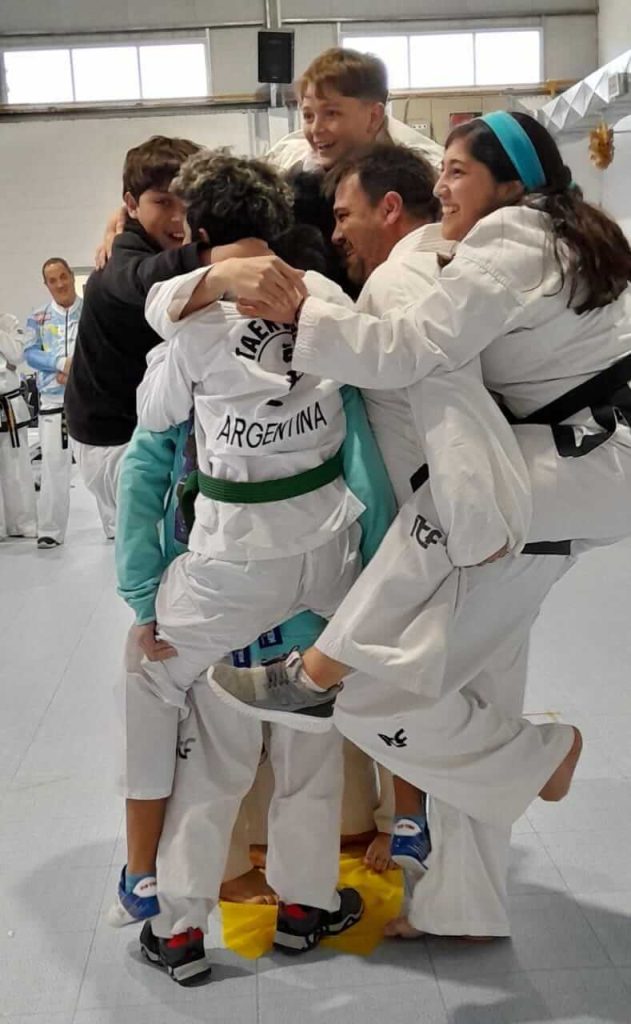
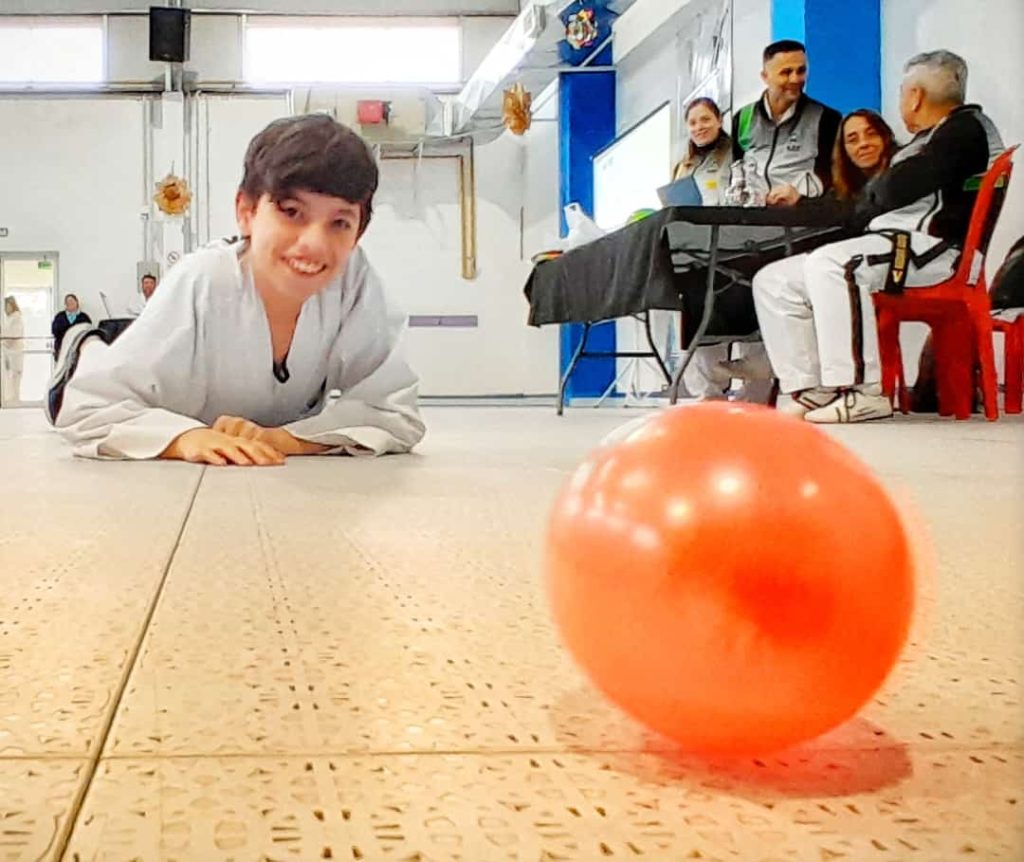
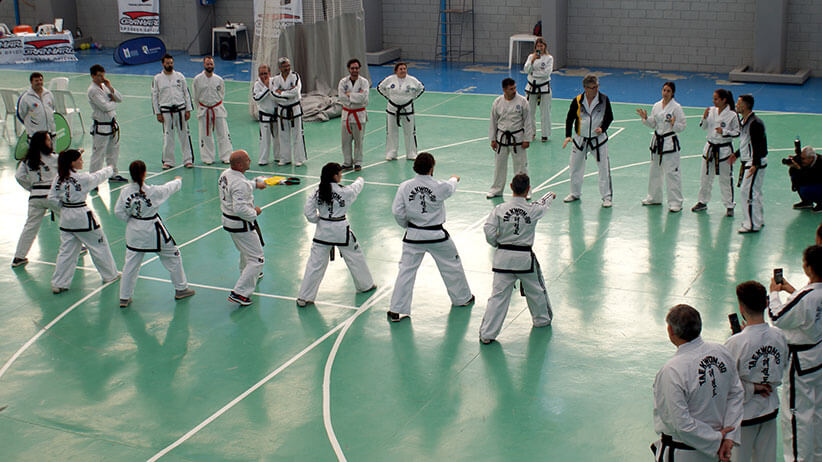
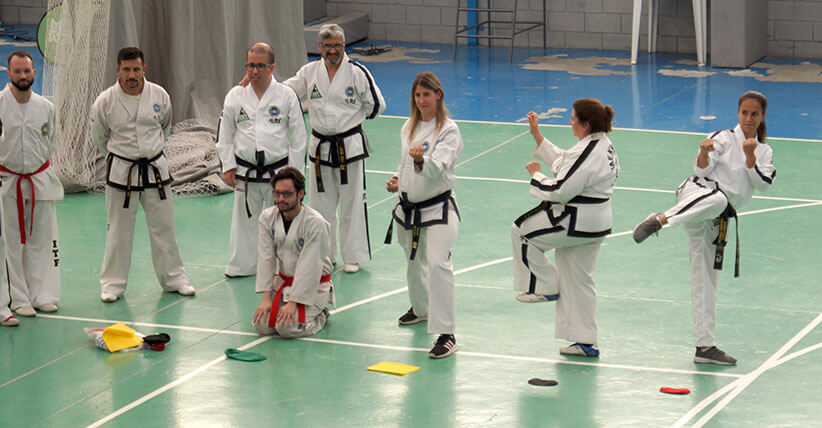
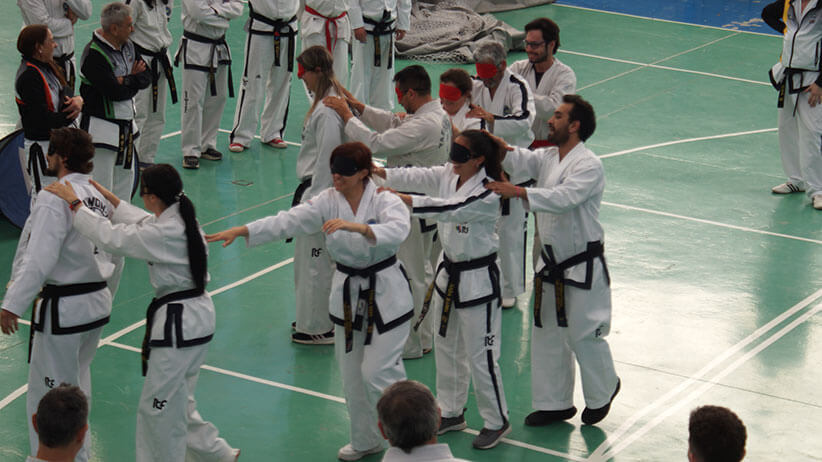
As usual, the importance of using games as an educational tool was reinforced with participation in different recreational activities.
Among the notable topics that were addressed we can mention the recognition of the universal rights of children, new teaching theories, the influence of neuroscience in the teaching-learning process, memory, discipline and emotions as an influential factor.
It should be noted that at the end of each segment, rounds of questions and answers were carried out with the objective of reaching conclusions from the attendees.
Caleta Olivia city, Santa Cruz province
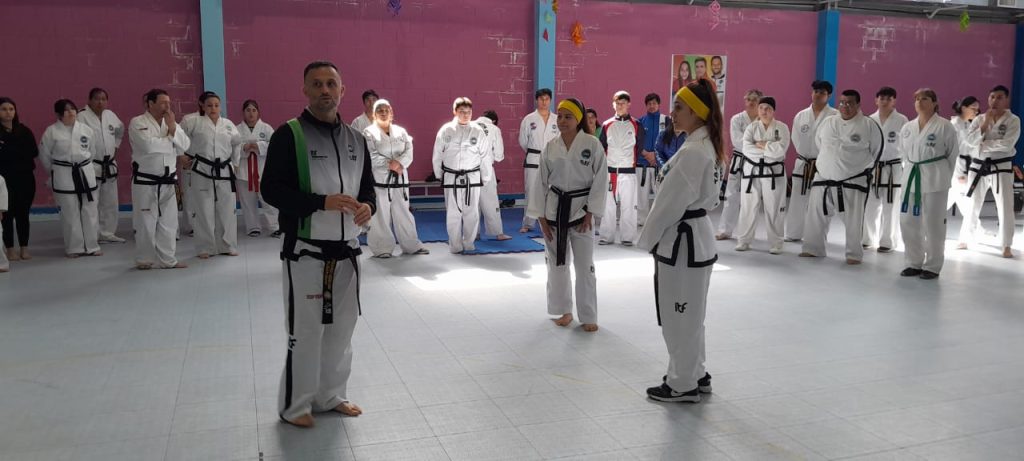
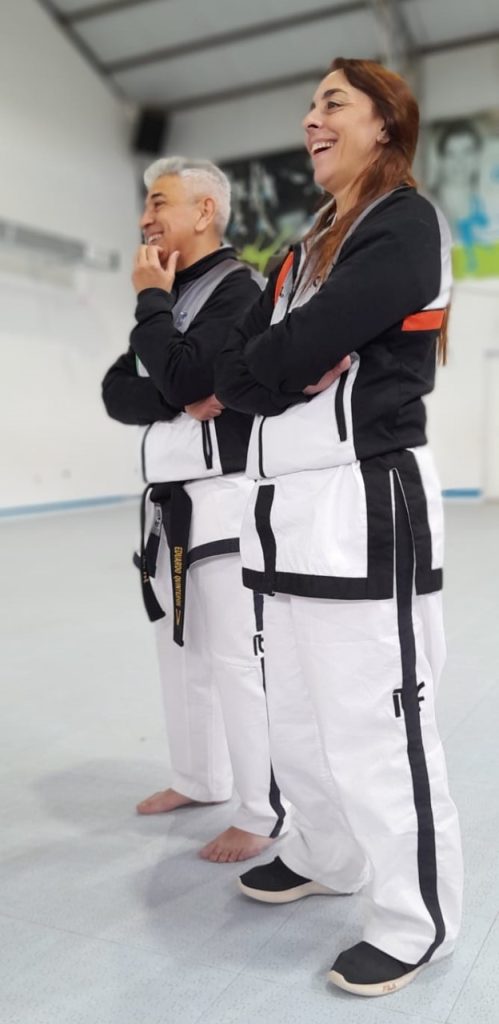
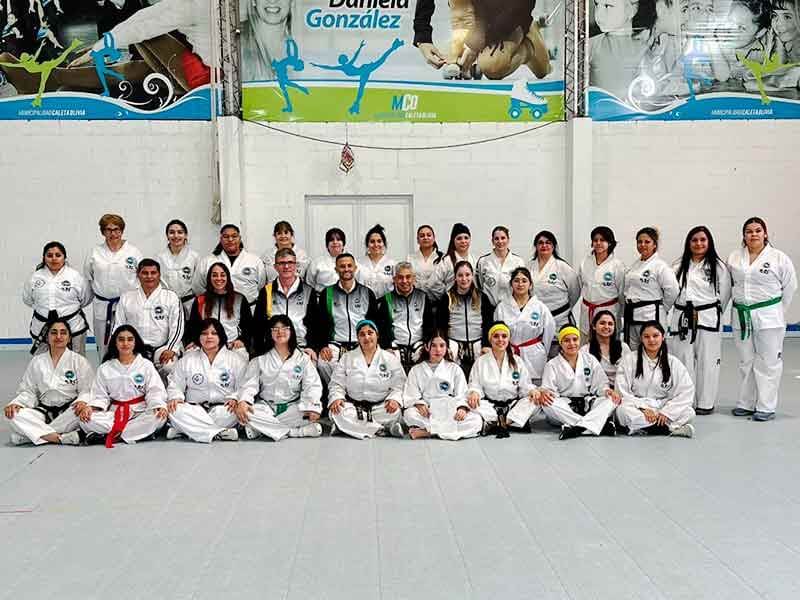
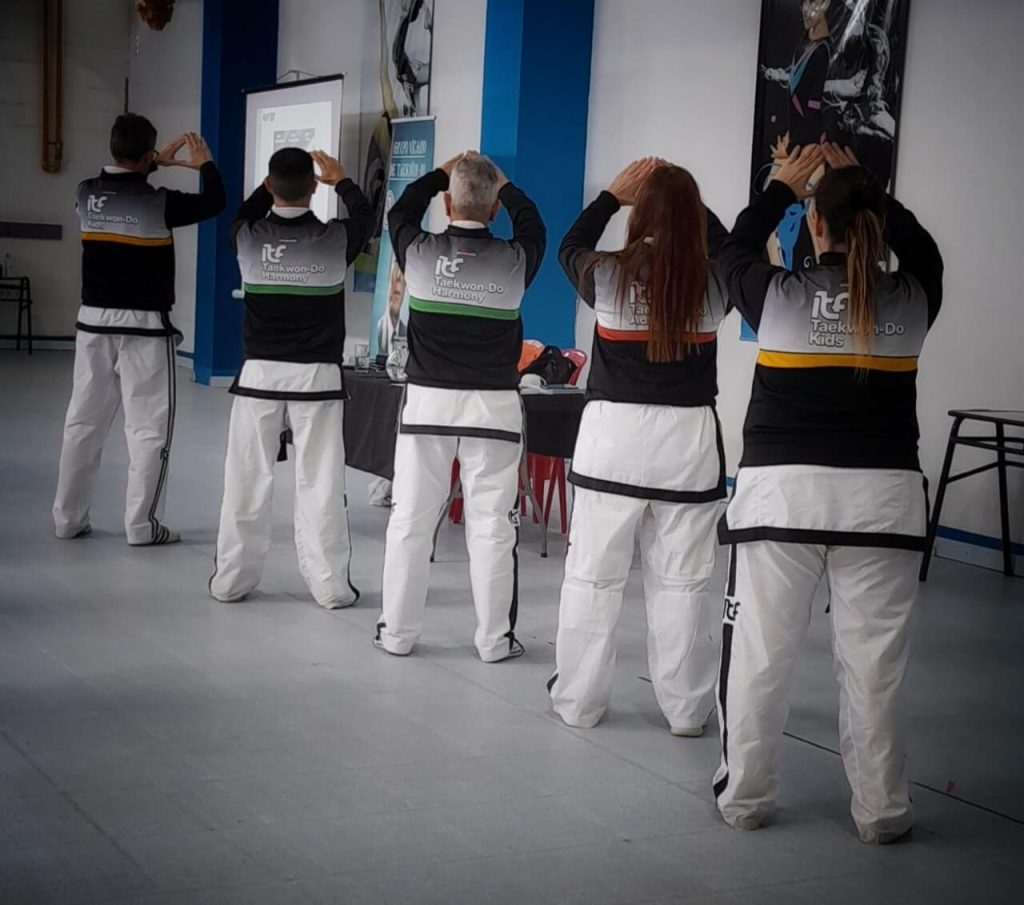
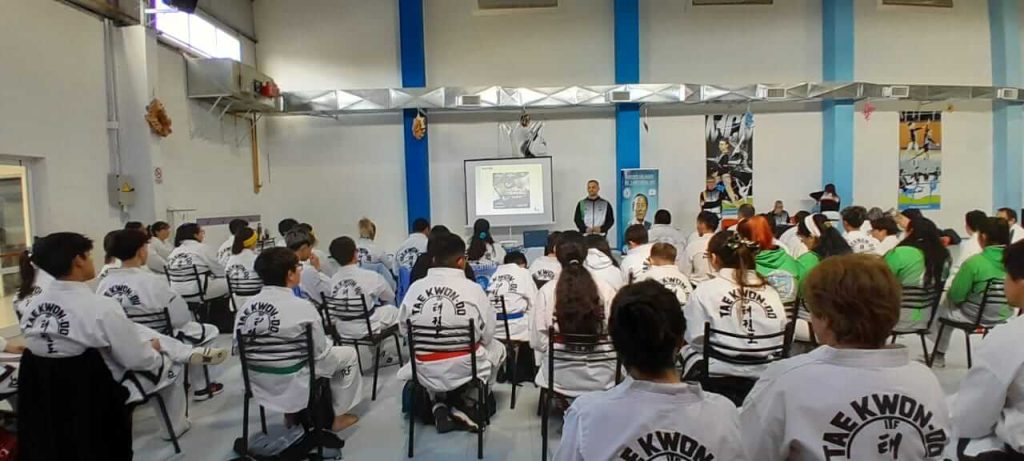
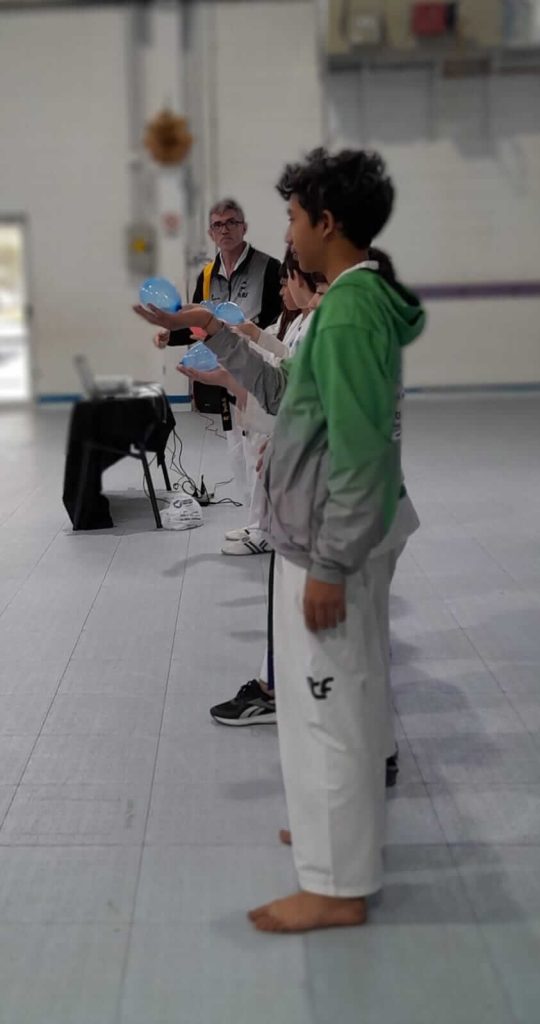
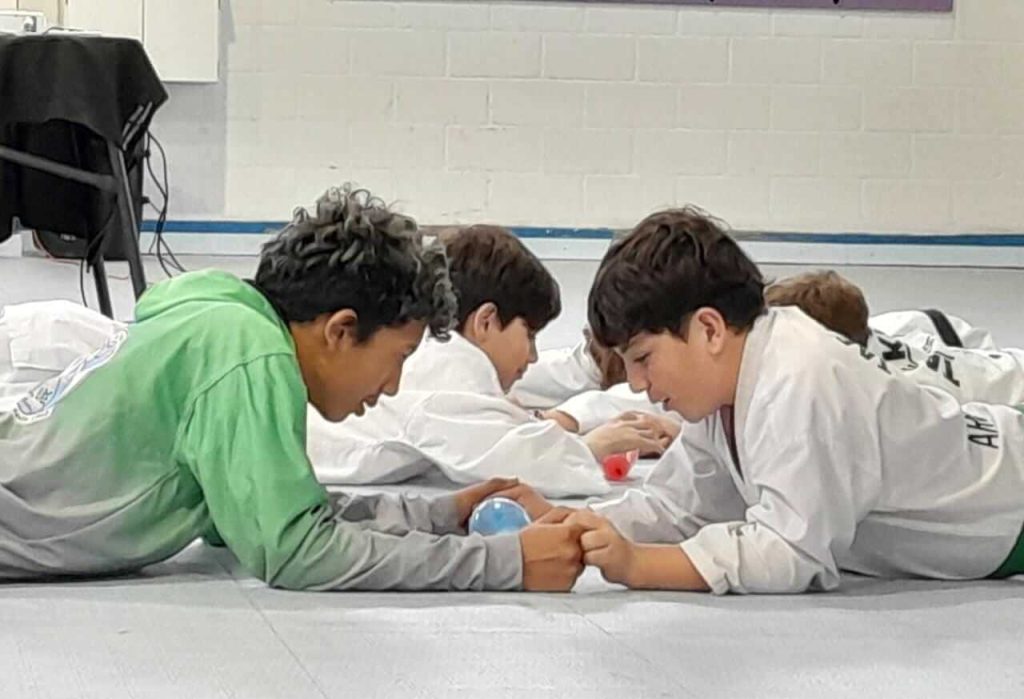
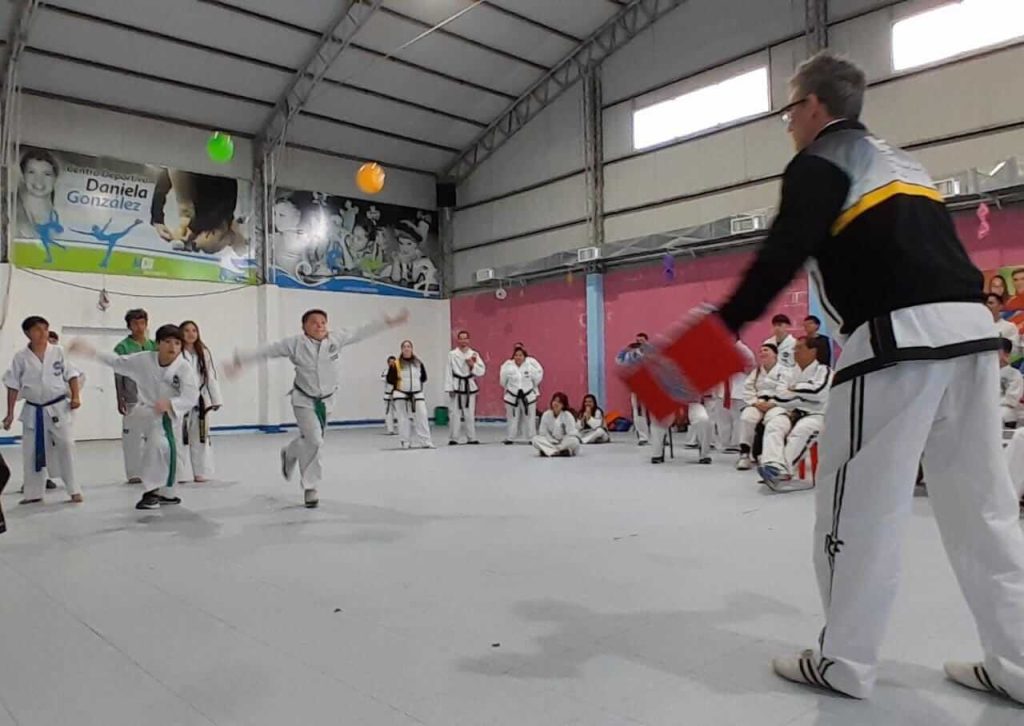
Buenos Aires province
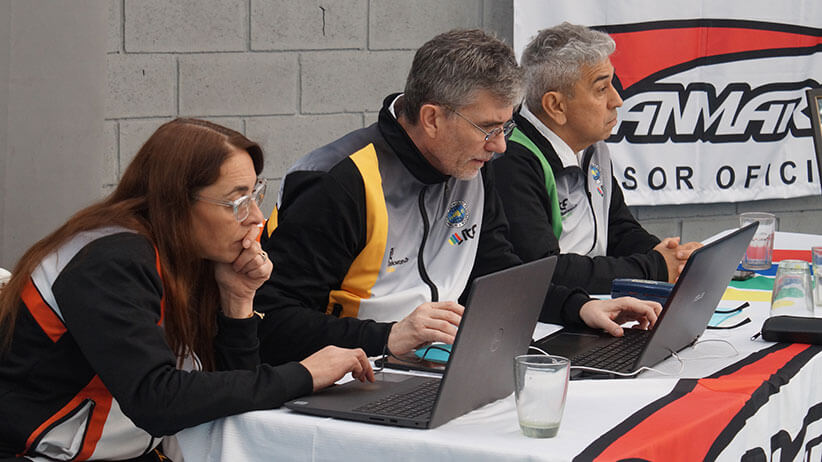
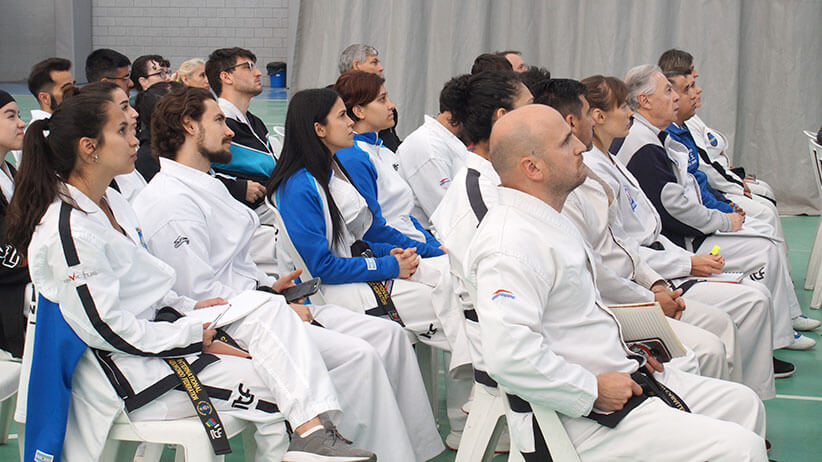
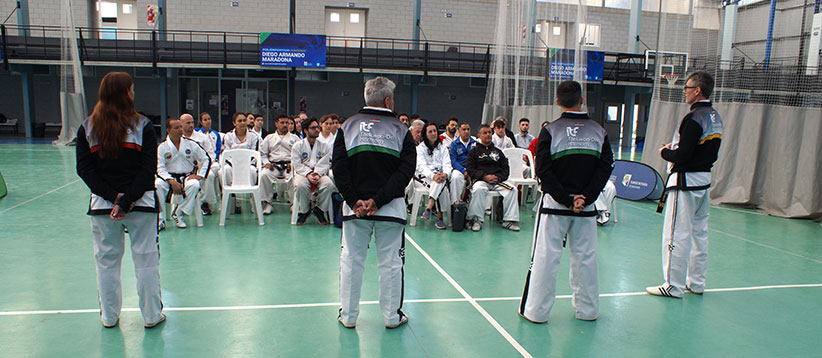
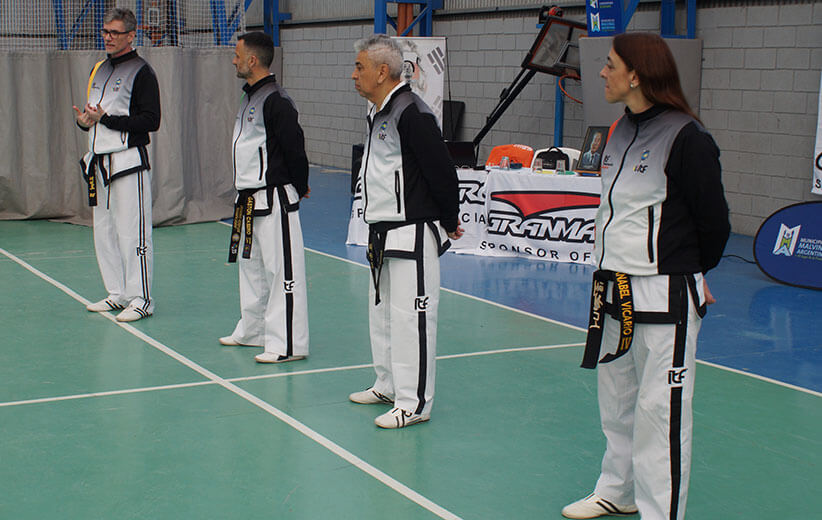
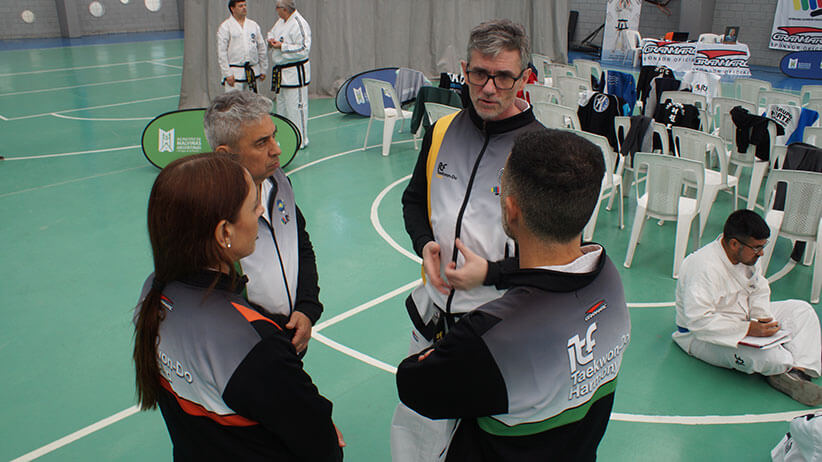
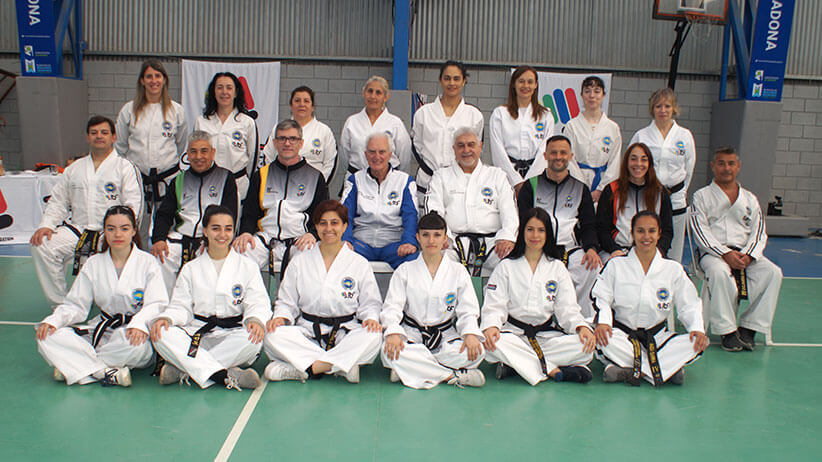
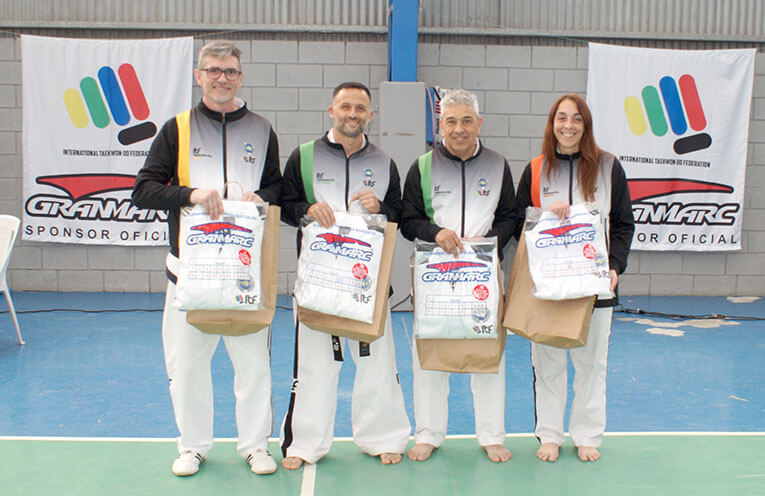
Salta province
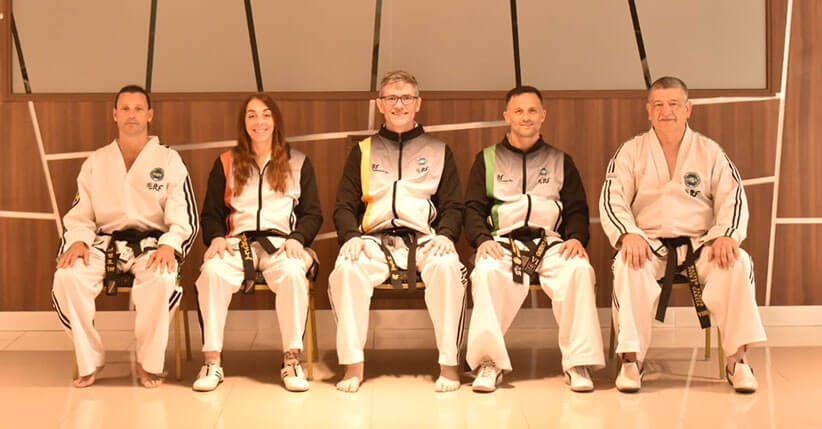
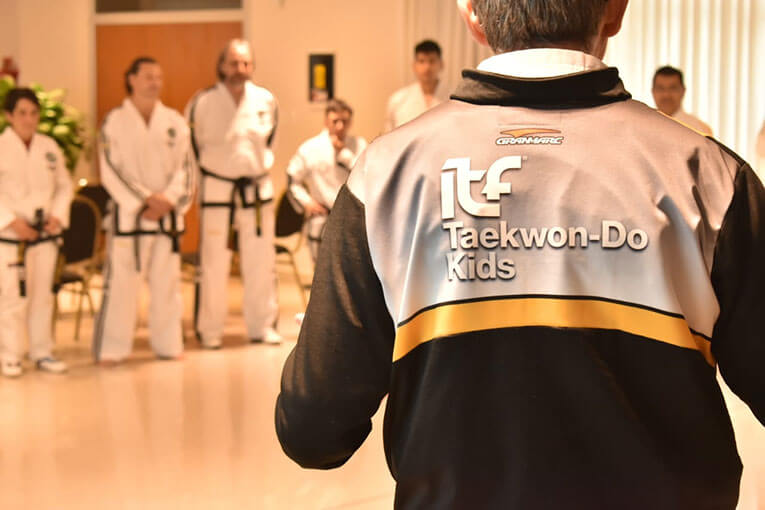
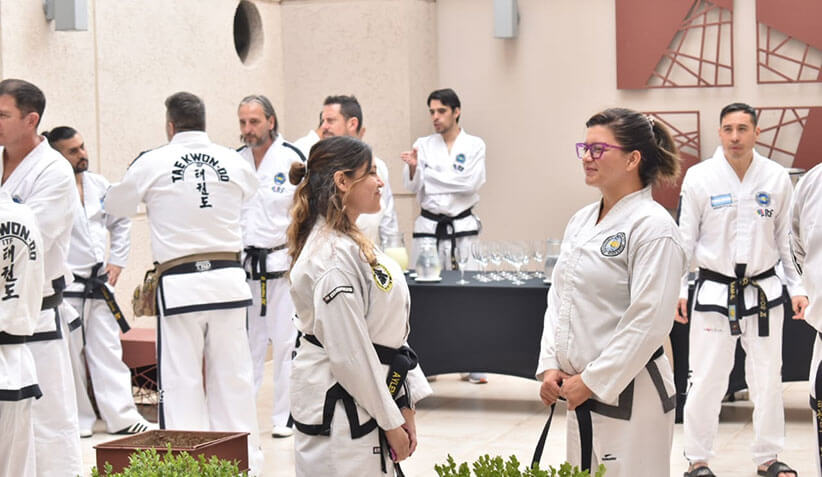
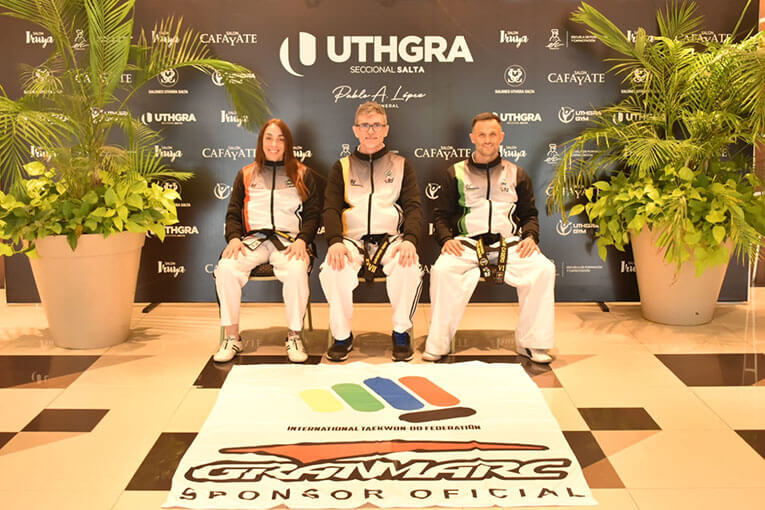
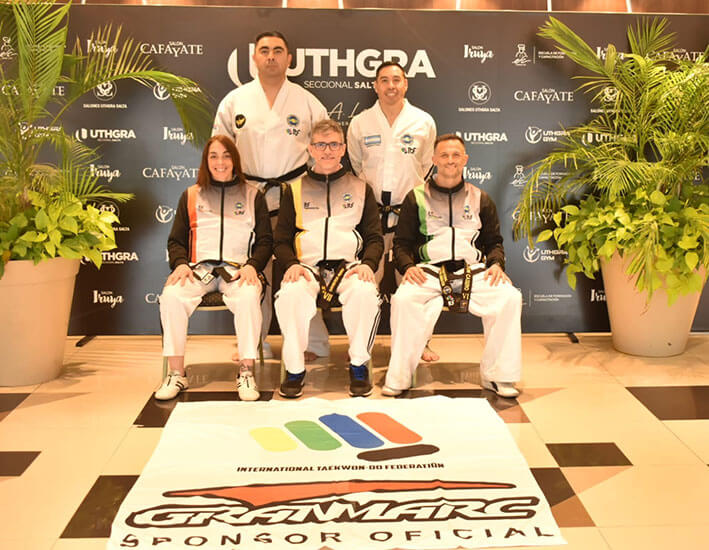
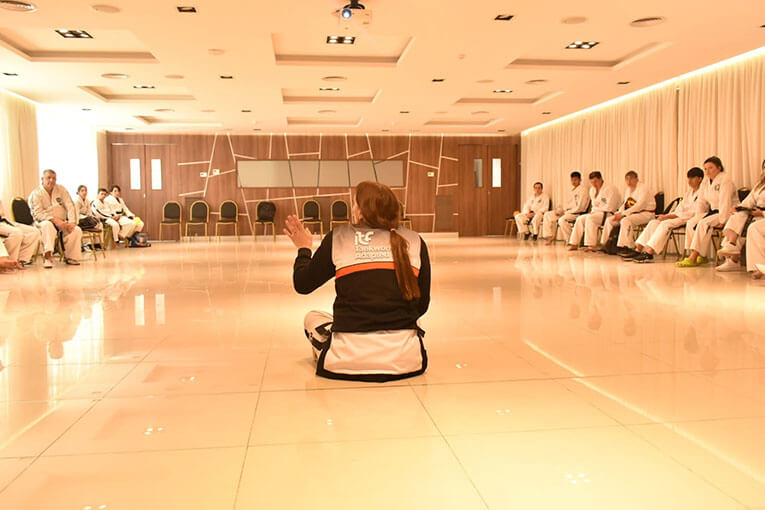
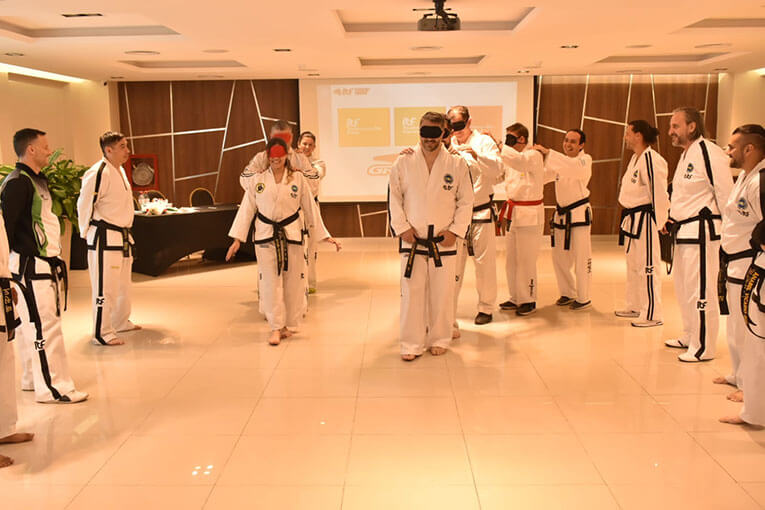
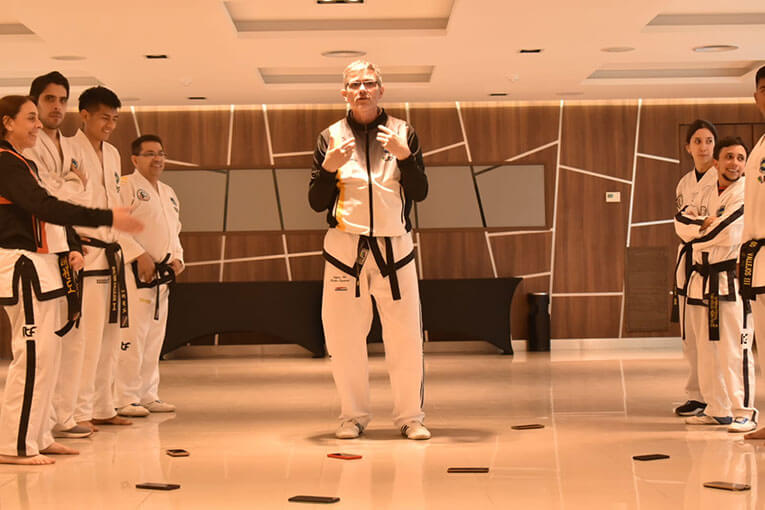
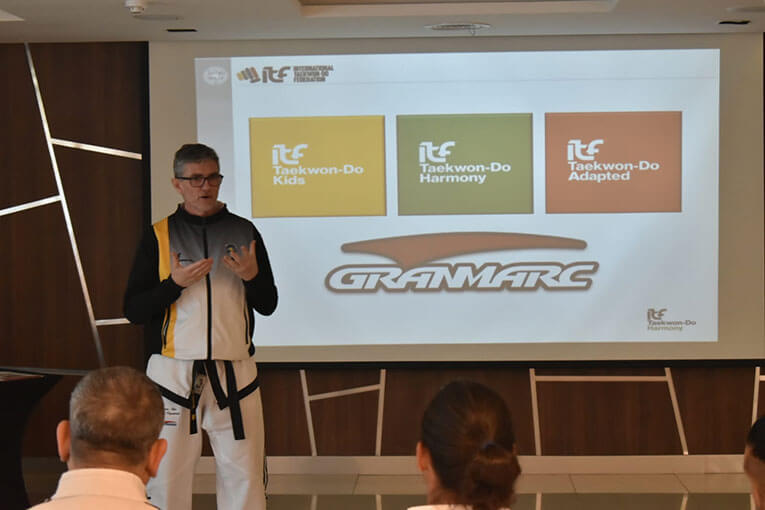
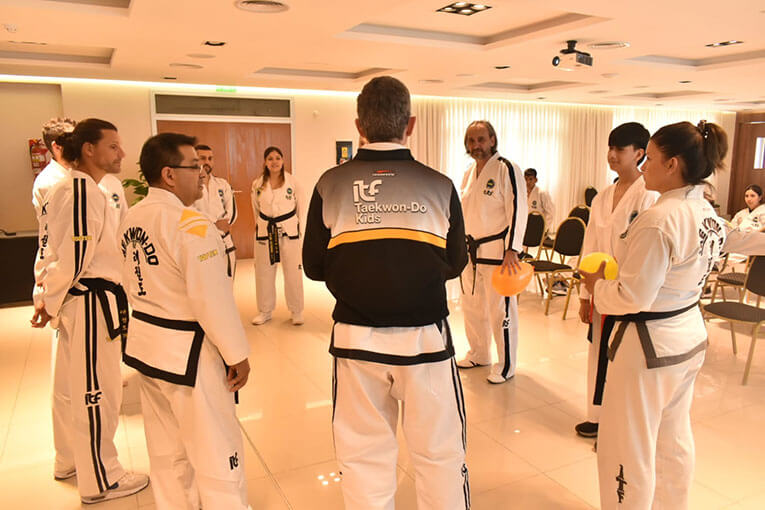
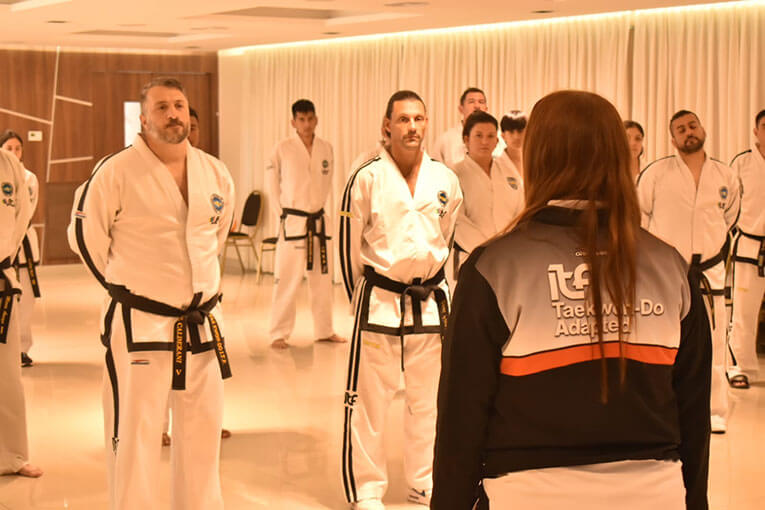
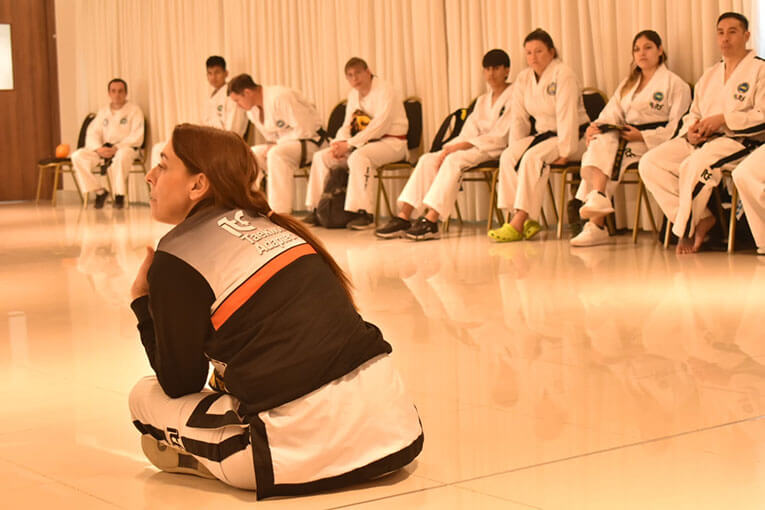
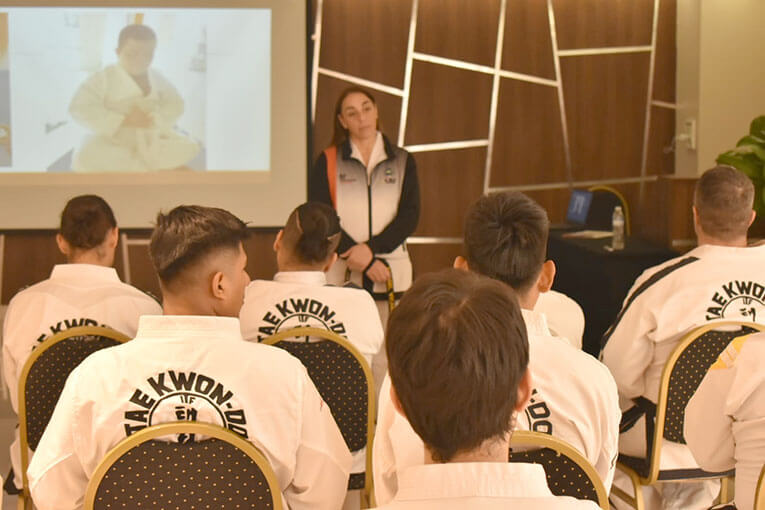
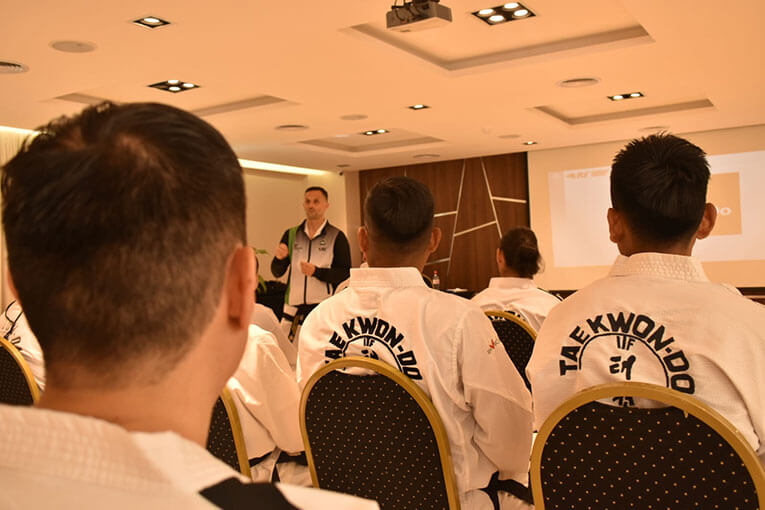
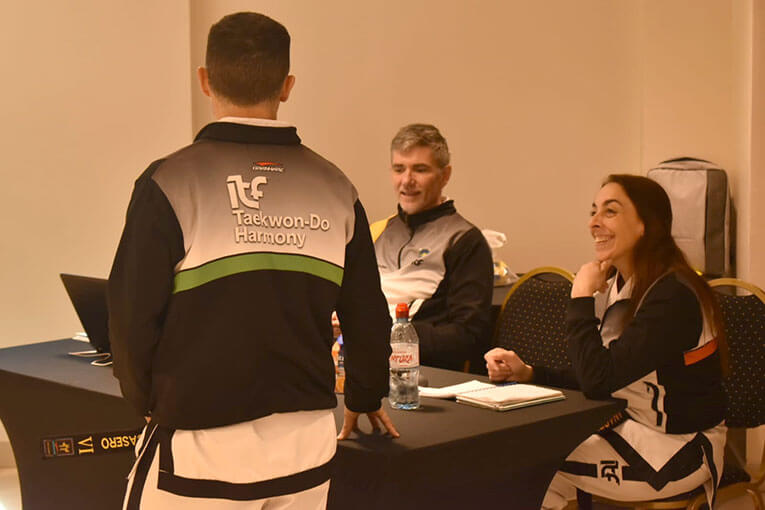
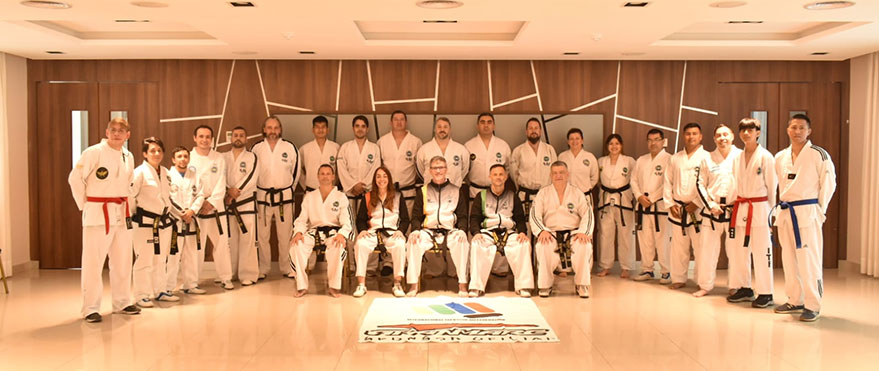
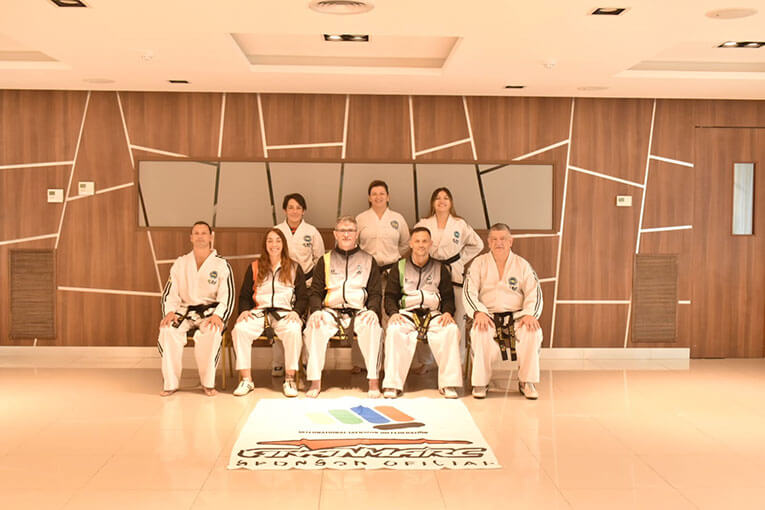

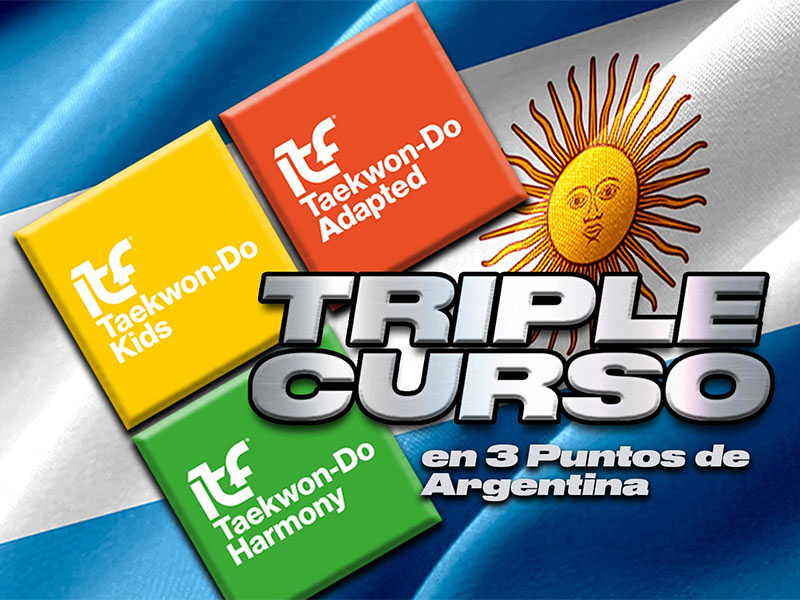
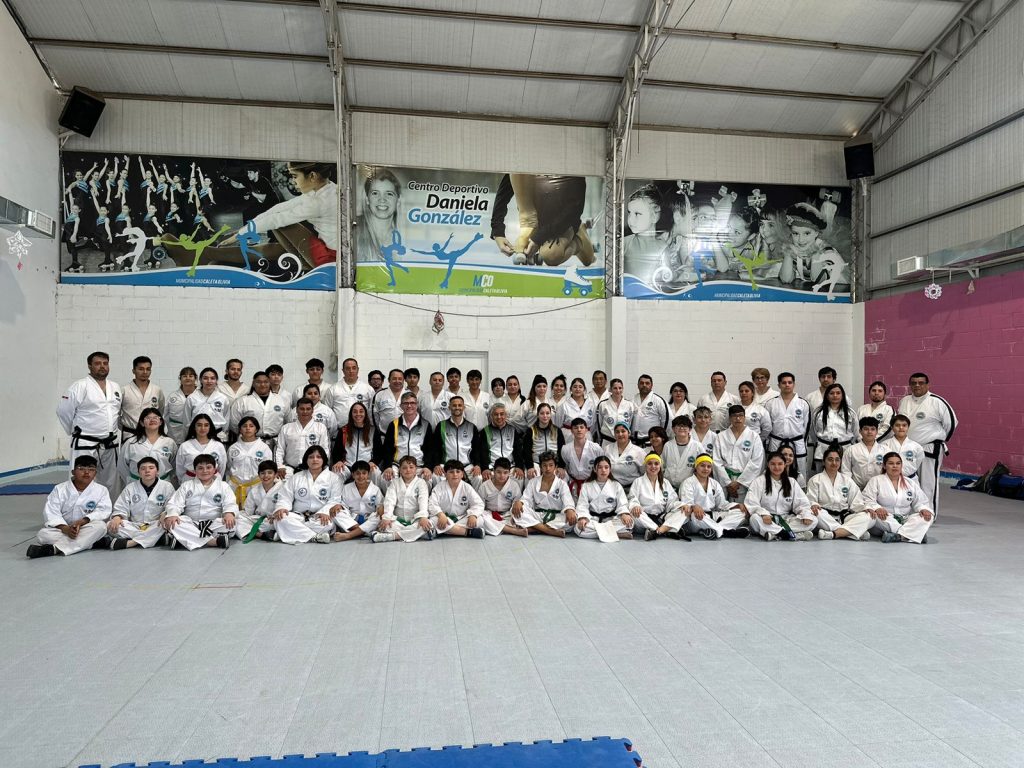
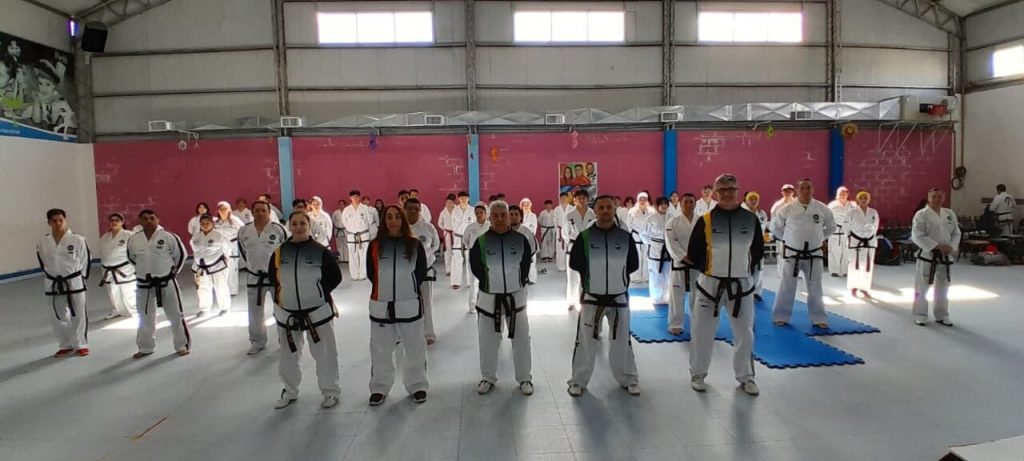
 Report IIC 169 – Asunción, Paraguay
Report IIC 169 – Asunción, Paraguay







